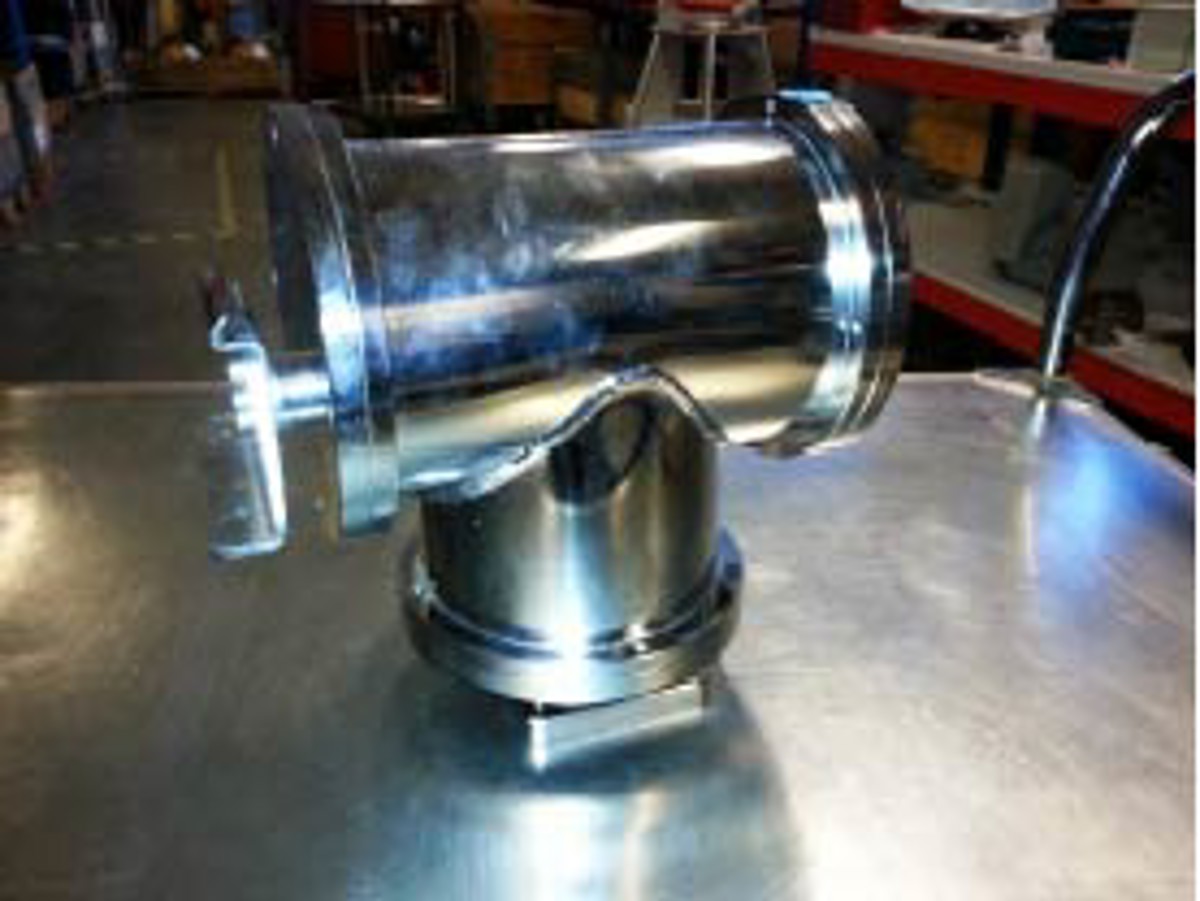Near-miss: Dropped object – falling camera
- Safety Flash
- Published on 3 May 2013
- Generated on 25 April 2025
- IMCA SF 06/13
- 1 minute read
Jump to:
A member has reported an incident in which the mounting for a fixed camera gave way, allowing the camera (weighing 25 kg) to fall 4 metres.
What happened
Electrical cable and a gland held it in place, preventing the camera from landing on the deck. This happened in an area where personnel could have been working. There were no injuries.

camera of the sort that fell
Findings
Our member’s investigation revealed the following:
- The equipment was so reliable that it had become part of the fixtures and therefore ‘invisible’
- Weak fastening/mounting.
- Securing wire not fit for purpose.
- Possibility of excessive vibration from nearby machinery.
- The camera had not been identified as a potential dropped object
Lessons learnt / Actions
The following lessons were learnt and corrective actions taken:
- Similar cameras are now secured with wire (safety sling).
- Recommended inspection ‘routine’ advised based on physical and environmental circumstances.
IMCA Safety Flashes summarise key safety matters and incidents, allowing lessons to be more easily learnt for the benefit of the entire offshore industry.
The effectiveness of the IMCA Safety Flash system depends on the industry sharing information and so avoiding repeat incidents. Incidents are classified according to IOGP's Life Saving Rules.
All information is anonymised or sanitised, as appropriate, and warnings for graphic content included where possible.
IMCA makes every effort to ensure both the accuracy and reliability of the information shared, but is not be liable for any guidance and/or recommendation and/or statement herein contained.
The information contained in this document does not fulfil or replace any individual's or Member's legal, regulatory or other duties or obligations in respect of their operations. Individuals and Members remain solely responsible for the safe, lawful and proper conduct of their operations.
Share your safety incidents with IMCA online. Sign-up to receive Safety Flashes straight to your email.